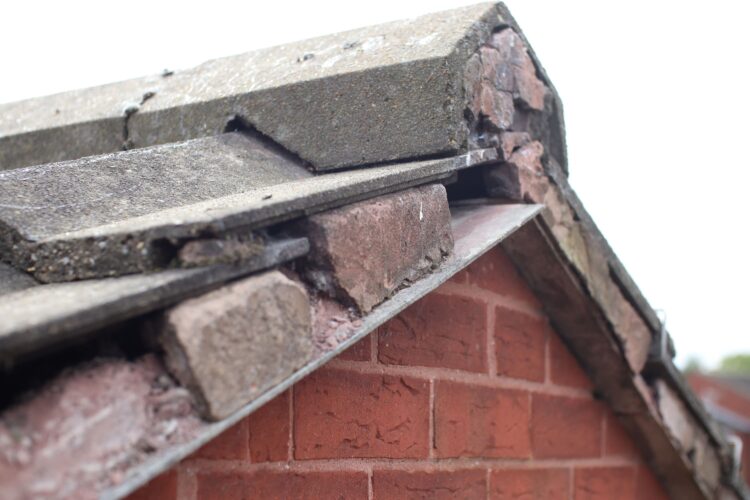
The UK 2023 Roofing World Is Full Of Issues And New Trends – Industry Update
These trends reflect the growing demand for more sustainable, energy-efficient and innovative roofing solutions. However, it’s worth noting that trends are not always applicable to every situation, and not all of them will be suitable for every roofing project. It’s best to consult with a professional roofing contractor to determine which trend, if any, will be the best fit for your roofing needs.
The roofing industry is constantly evolving, and new trends and advancements are emerging all the time.
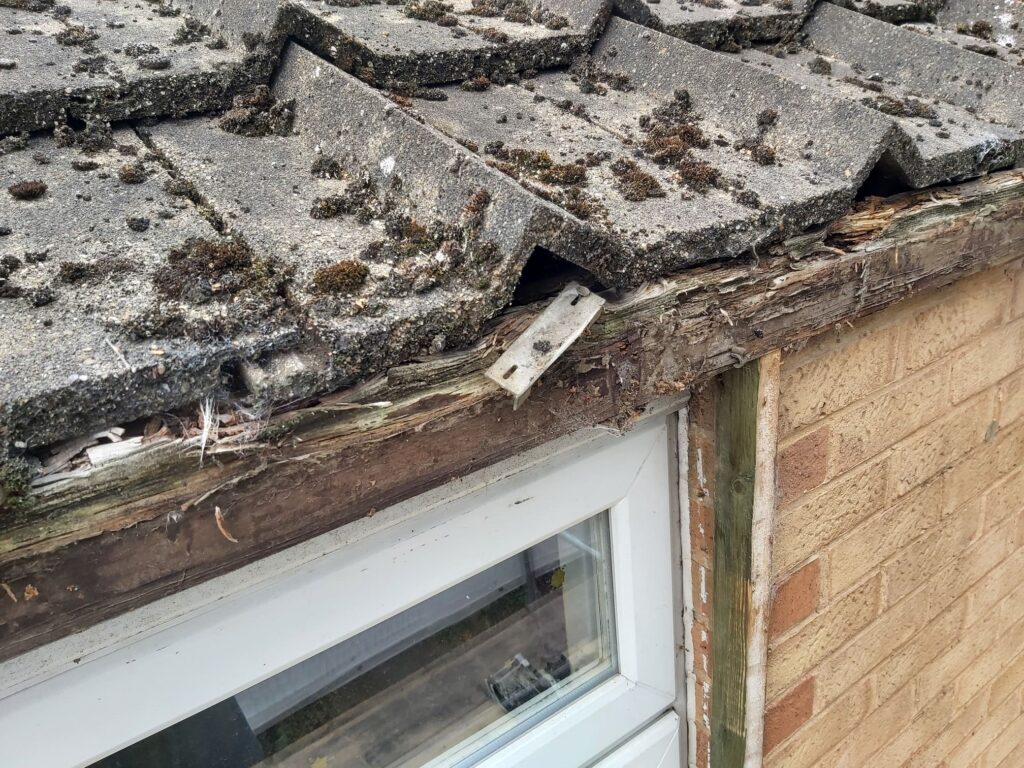
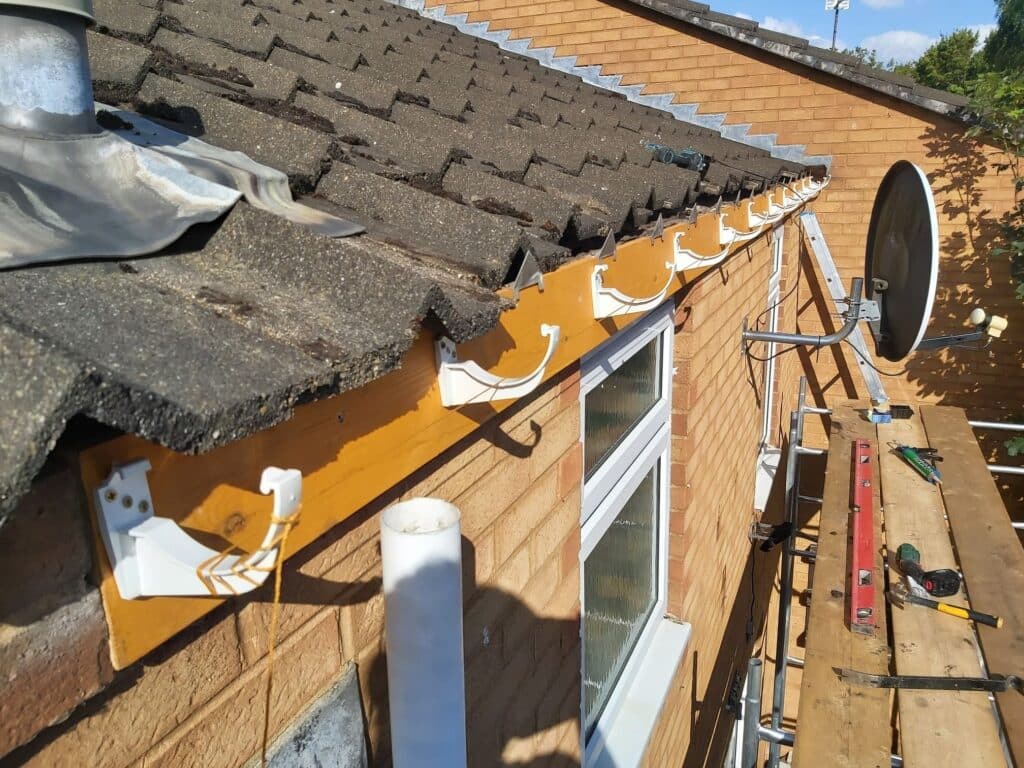
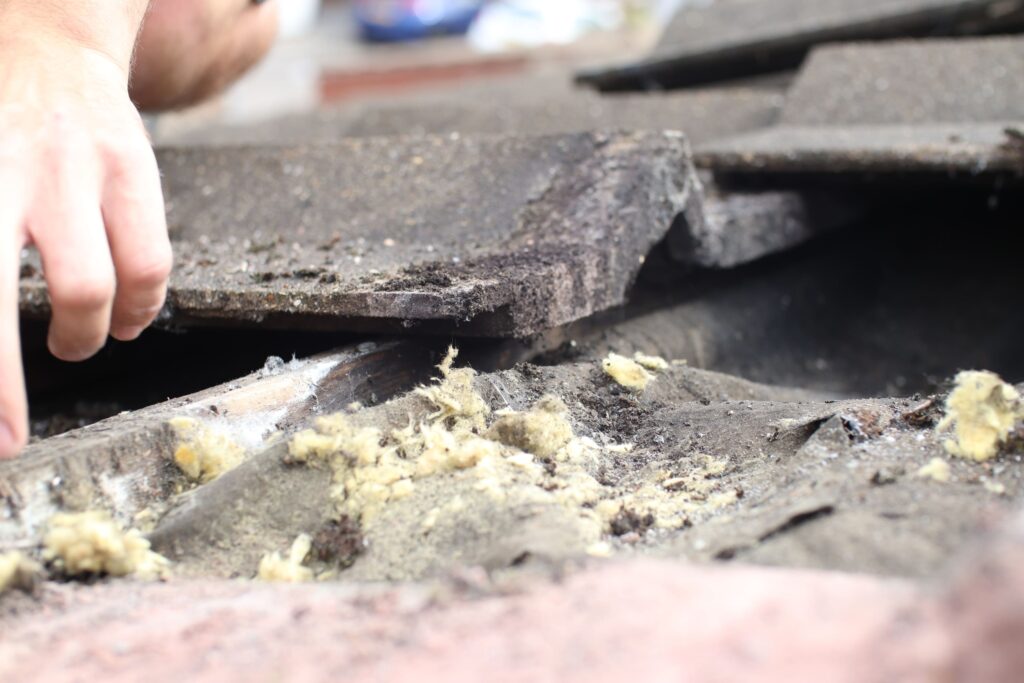
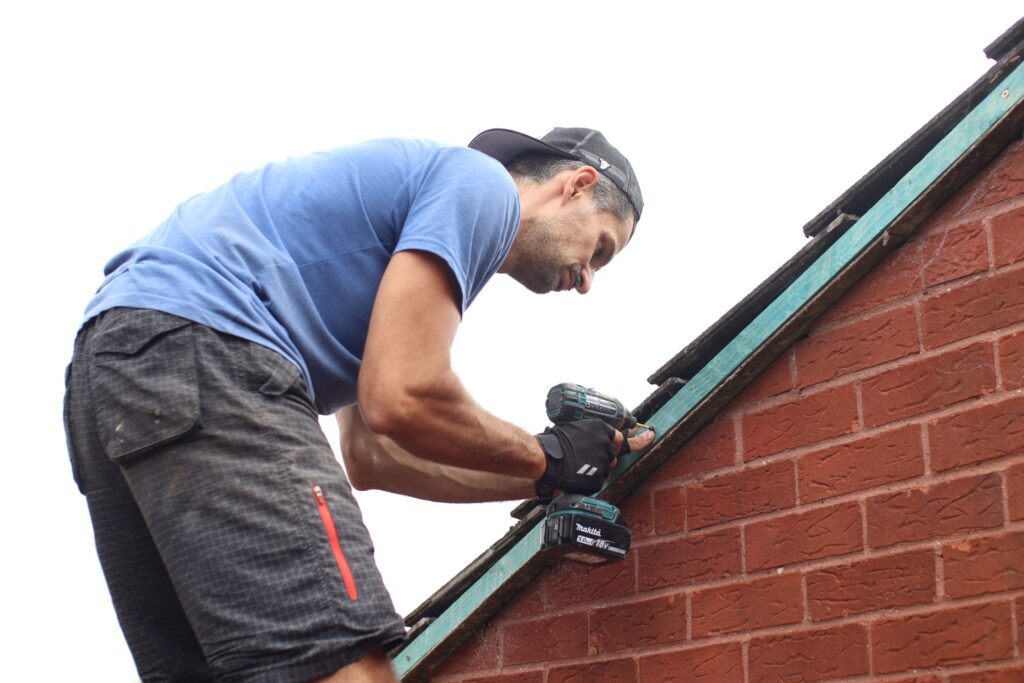
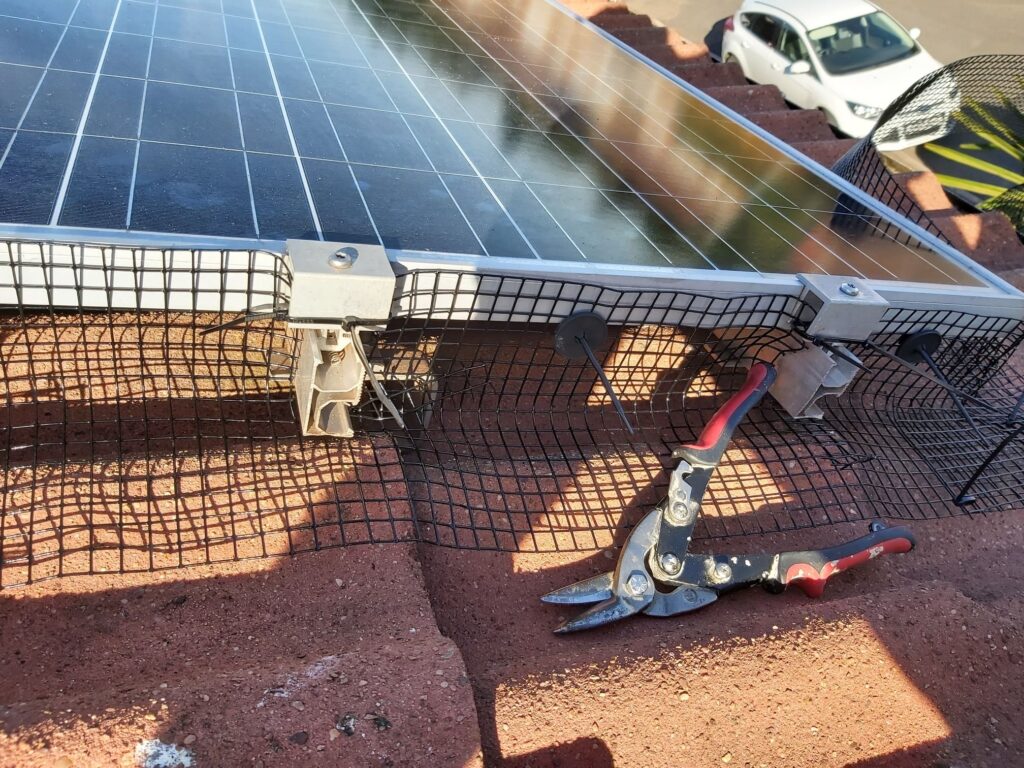
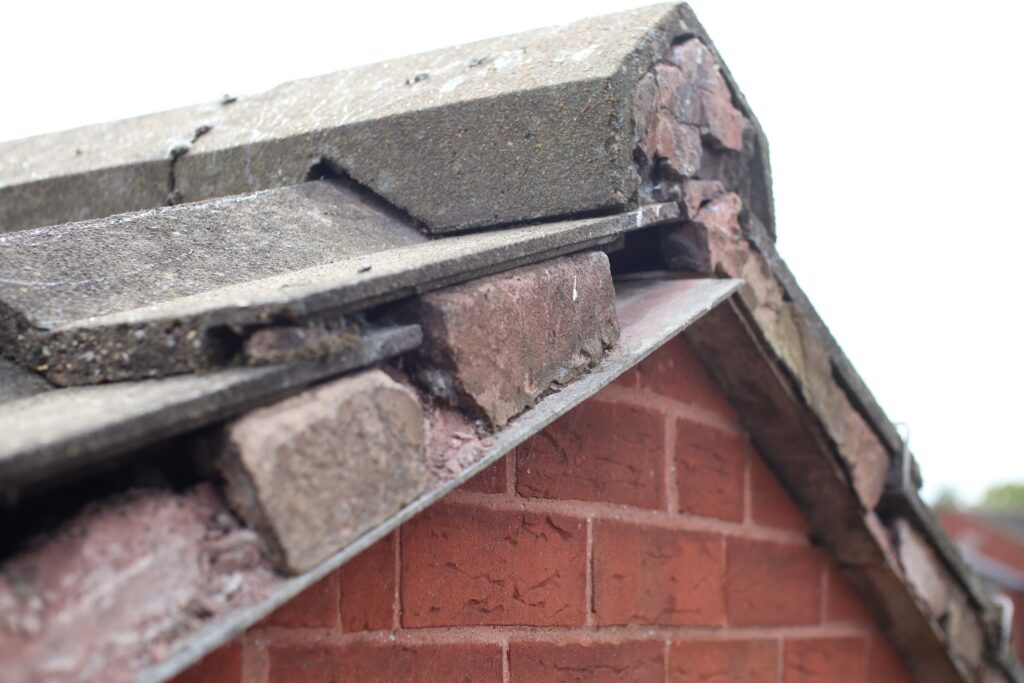
Here are some of the roofing industry trends that are expected to be popular in 2023:
- Sustainable materials: There is a growing demand for sustainable roofing materials that are made from renewable resources and have a lower environmental impact. This includes materials such as solar shingles, green roofs, and cool roofs that reflect more sunlight and absorb less heat.
- Energy-efficient roofing: Cost-efficient roofing is becoming increasingly popular as people look for ways to reduce their energy bills and be more environmentally friendly. This includes the use of reflective roofing materials, insulation, and solar panels.
- Metal roofing: Metal roofing is becoming increasingly popular due to its durability, energy efficiency, and low maintenance requirements. This includes materials such as steel, aluminium, and copper.
- Roofing technology: Roofing technology is also becoming more advanced and sophisticated. This includes the use of drones for inspections, remote monitoring, and predictive analytics to help identify potential problems before they occur.
- Decorative roofing: Fancy roofing is becoming increasingly popular, with more homeowners looking for ways to add visual interest and curb appeal to their homes. This includes the use of different colours, patterns, and textures to create a unique and personalized look.
- Smart Roofing: This is a new trend, it is enabled by IoT technology, this technology can monitor your roof’s health, predict issues before they happen, and send you alerts if there are any problems.
- Lightweight roofing: This is gaining popularity because it is easier to install, transport and handle. These materials are less expensive and more eco-friendly than traditional roofing materials. Like dry verge caps installation.
- Safety: Safety is becoming increasingly important in the roofing industry, with more emphasis on fall protection and worker safety. This includes the use of personal protective equipment, safety harnesses, and other safety measures to ensure the safety of workers.
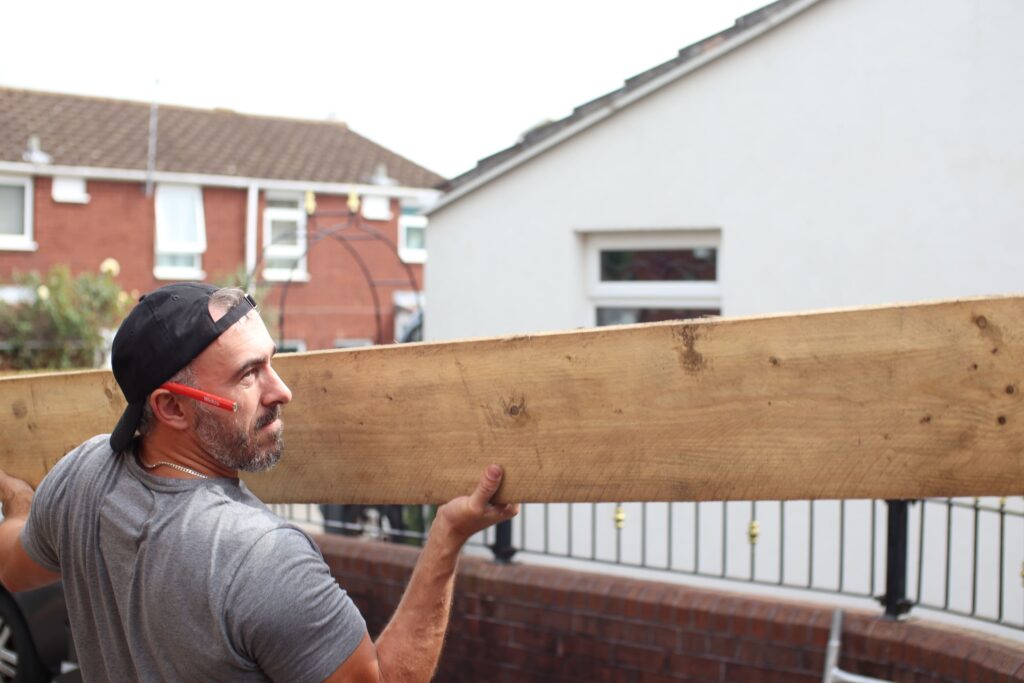
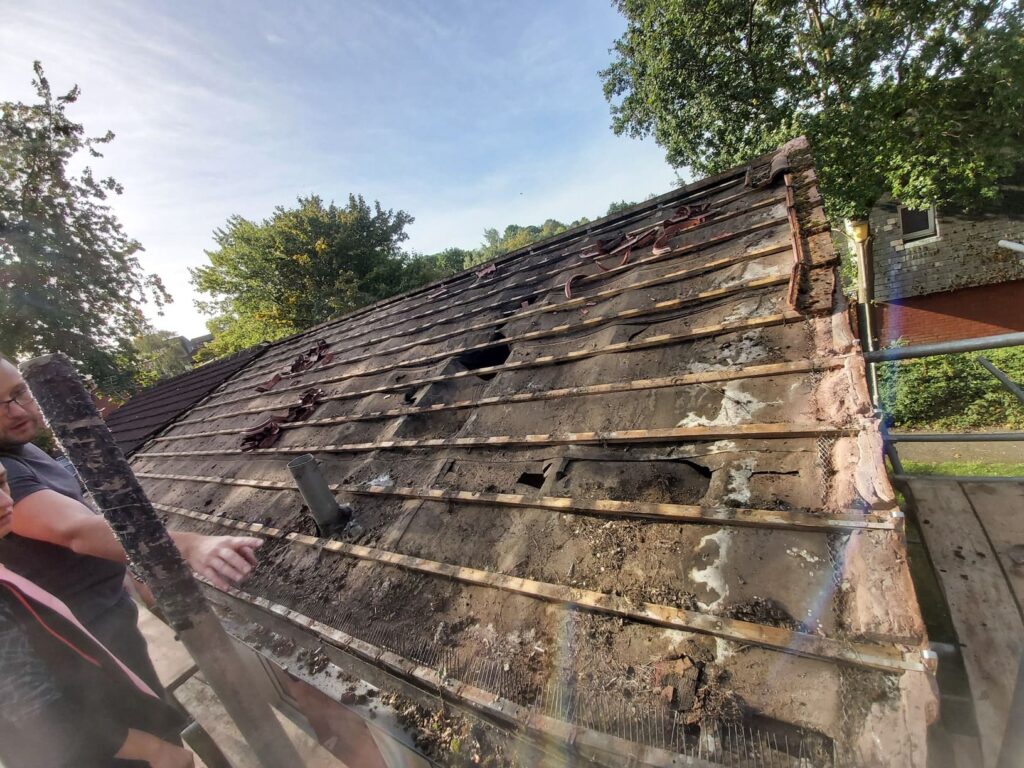
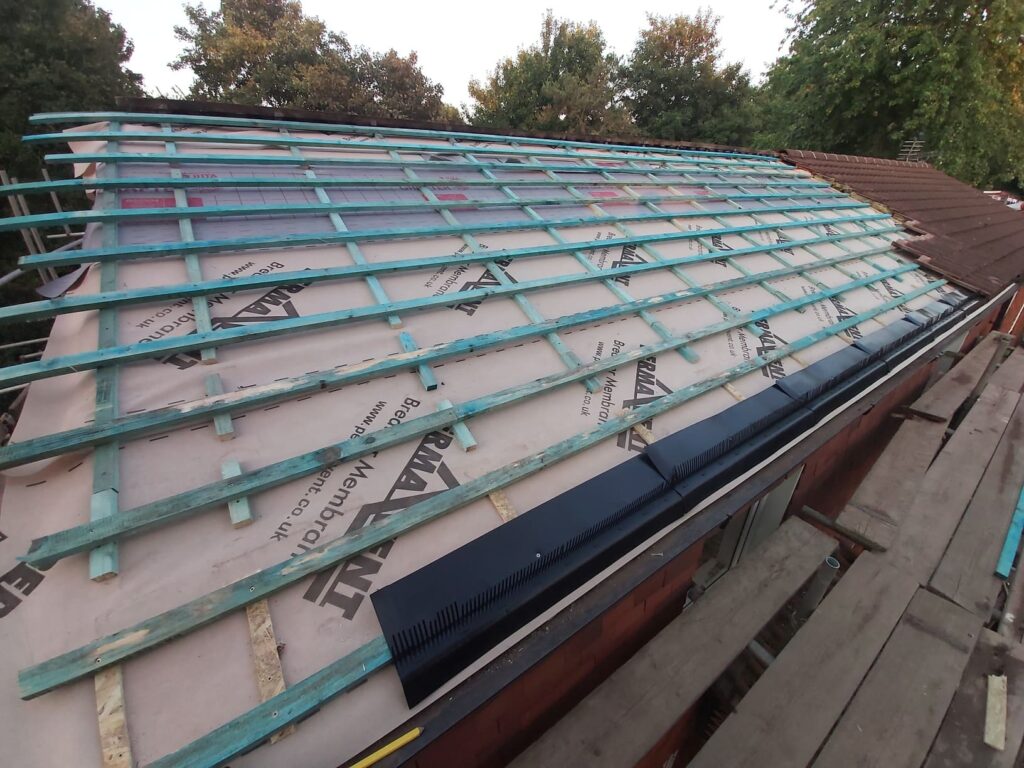
The roofing industry in the UK is facing a number of challenges in 2023, which include:
- Skilled labour shortage: The UK roofing is facing a shortage of skilled labour, which is making it difficult for companies to find the workers they need to complete projects on time and within budget. This is partly due to an ageing workforce and a lack of young people entering the industry. This shortage is causing delays and increased costs for projects, which can have a negative impact on the industry as a whole.
- Material costs: The cost of roofing materials has been on the rise in recent years, due to factors such as higher transportation costs, tariffs, and supply chain disruptions. This is making it more expensive for roofing companies to purchase materials and can increase the overall cost of projects for customers.
- Climate change: Climate change is having a significant impact on the roofing industry. The UK is experiencing more extreme weather events, such as heavy rain, strong winds, and heat waves, which can cause damage to roofs and make it more challenging to install and maintain them. This can also lead to increased demand for roofing repairs and replacements, which can put pressure on the industry.
- Health and Safety: The roofing world is considered one of the most dangerous in the UK, with a high number of accidents and fatalities every year. Strict health and safety regulations have been implemented to protect workers, but still, many companies do not adhere to these rules, putting the workers at risk.
- Environmental regulations: The roofing industry has problems complying with environmental regulations, such as the new EU regulations for energy efficiency, which are expected to come into effect in 2023. This can be costly for companies, as they may need to invest in new equipment and materials, and train their workforce on new techniques.
- Cybersecurity: The roofing industry is not immune to cyber threats, and companies are facing increased pressure to protect their data and systems from cyber-attacks. This includes protecting sensitive information such as client data and financial information, as well as ensuring that their systems are secure from intrusion.
- Competition: The roofing space is highly competitive, and companies are facing increased pressure to differentiate themselves from their competitors. This includes offering unique products and services, such as sustainable and energy-efficient options, to attract customers.
- Government policies: Government policies are changing rapidly, and the roofing industry is facing pressure to comply with new regulations and policies. For instance, the government is promoting the use of sustainable materials and energy-efficient options, which can be costly for companies to implement.
- Adapting to new technology: The roofing industry is changing rapidly, and companies are facing pressure to adapt to new technologies, such as drones for inspections, remote monitoring, and predictive analytics to help identify potential problems before they occur. This can be costly for companies to implement, and it takes time to train the workforce on new technologies.
- Warranty and insurance: UK roofing is pressured to offer comprehensive warranties and insurance for their products and services. This can be costly for companies and can make it more challenging to compete in the market.
Overall, the roofing industry in the UK is facing a number of challenges in 2023, including a skilled labour shortage, rising material costs, the impact of climate change, strict health and safety regulations, and environmental problems.

Managing Director of Roof Done Right Ltd. I started working as a roofer in 2006 as an apprentice at Darius Roofs Ltd. After, me and two friends we have started our own roofing company. I moved to the UK in 2013 and worked on various projects, including roof replacement, home improvements, and insulations. Now, I have my own roofing business. Hobbies: TV shows, cats and scuba diving.




2 COMMENTS
Monika
August 8, 2023, 6:53 am REPLYBrilliant work!!!! Professional advice and excellent execution. Thank you guys for all the hard work you put into our new roof!!! We will recommend you and your service to everybody.
Louisville Roofing Contractors
May 16, 2024, 1:59 pm REPLYThis article provides a great overview of the current state of the UK roofing industry. The focus on sustainable materials and energy-efficient roofing aligns well with the growing emphasis on environmental responsibility.
I'm particularly interested in the potential of smart roofing technology. Could you elaborate on some specific examples of how this technology is being used in UK roofing projects?
Thanks for the informative article!